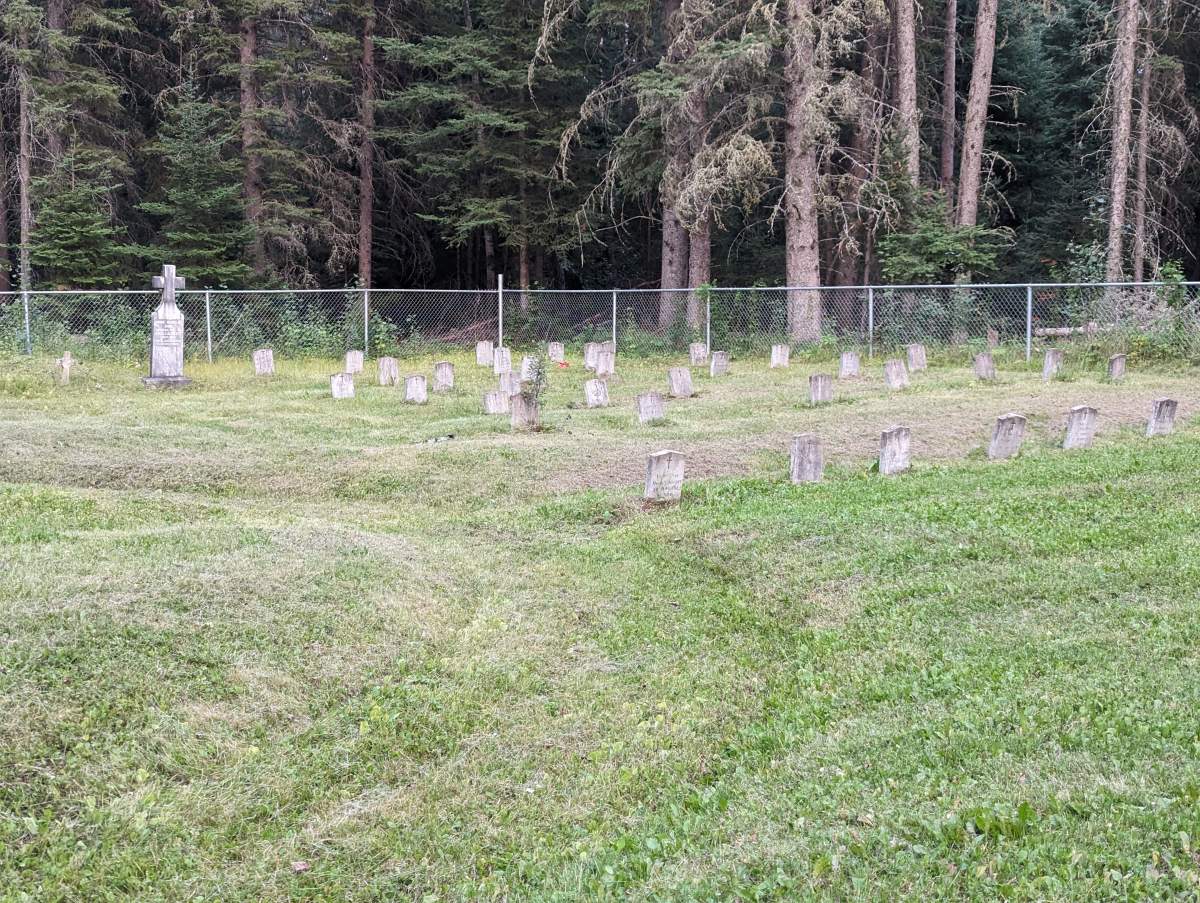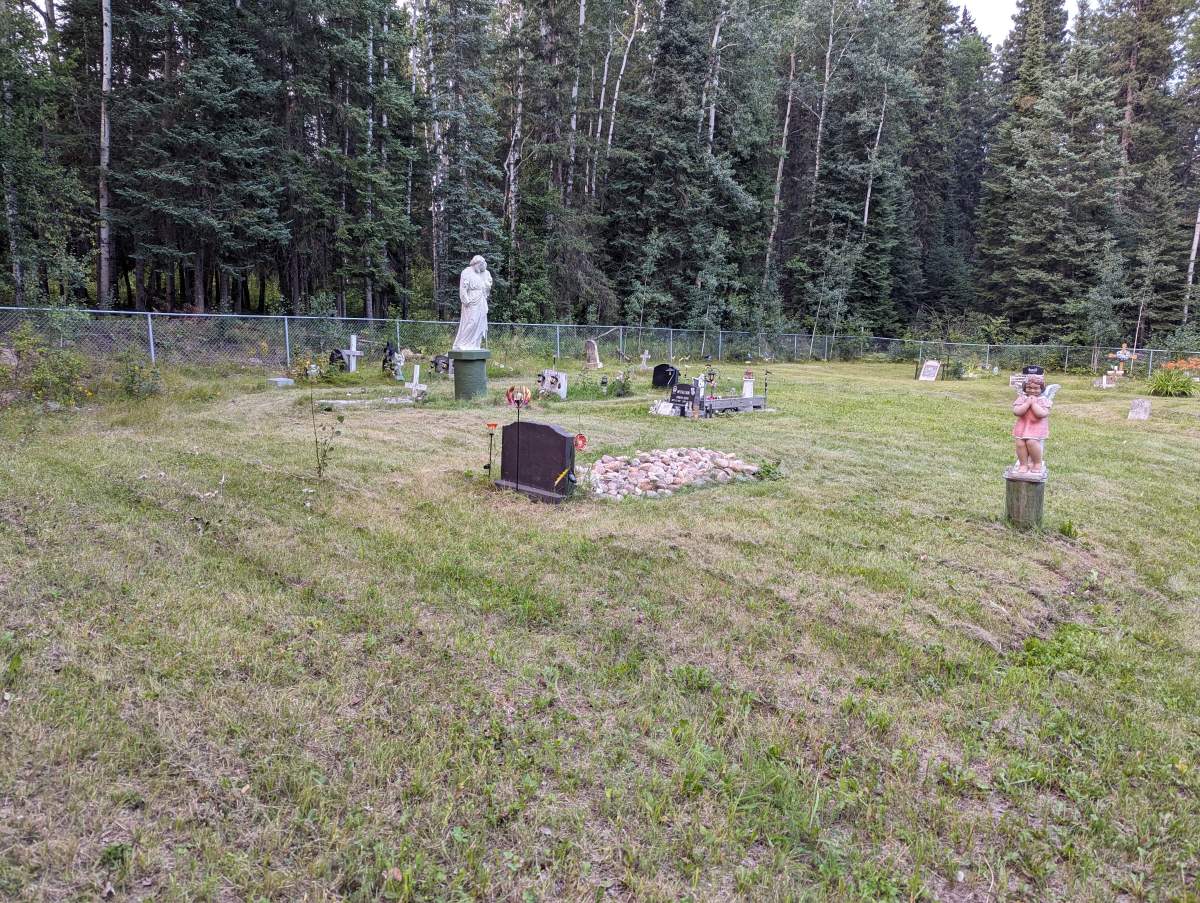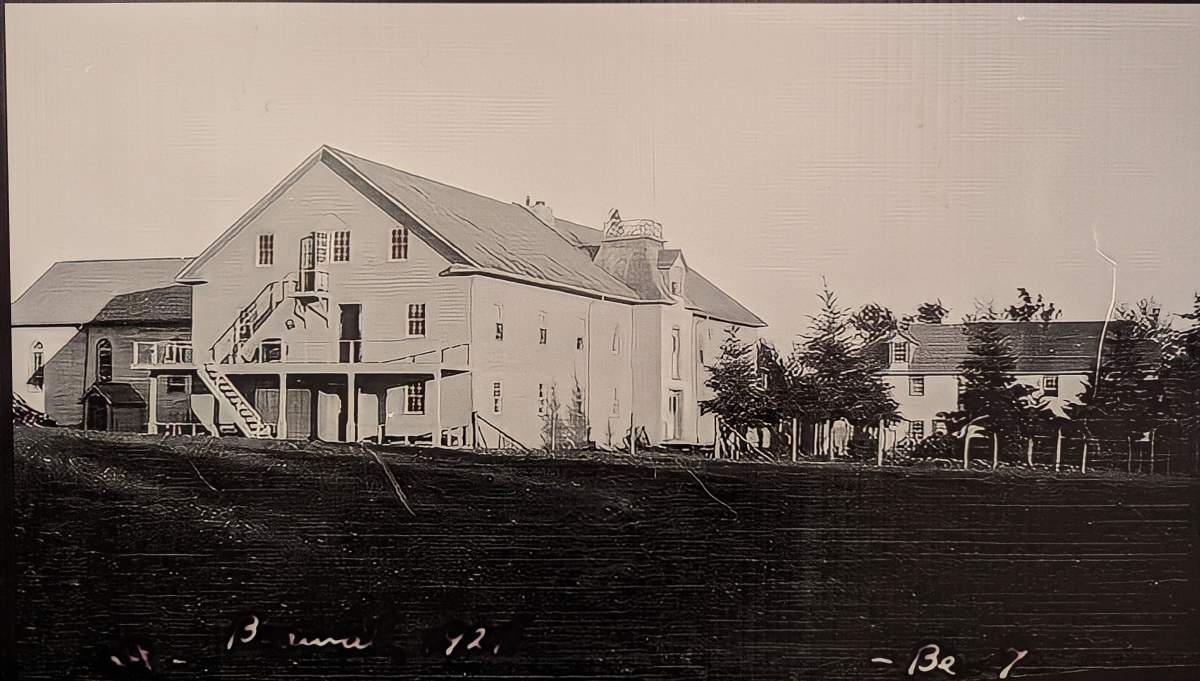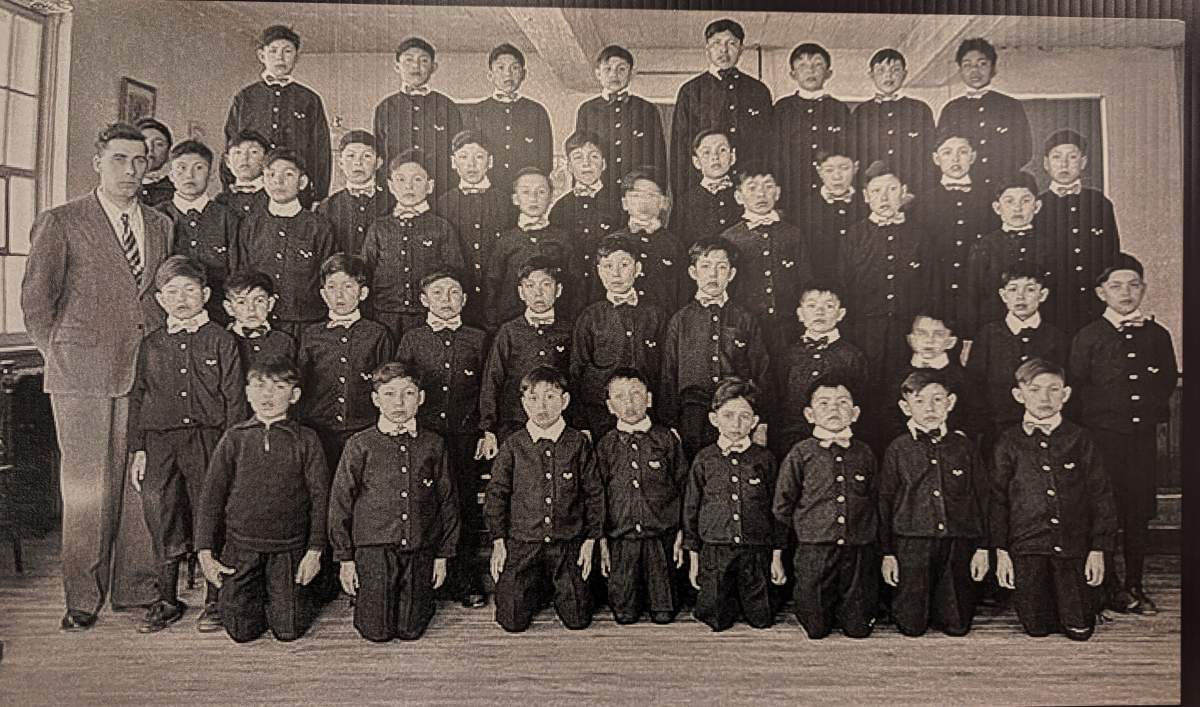English River First Nation in Norther Saskatchewan said a search of the former Beauval Indian Residential School has come up with a possible 83 unmarked graves.

The First Nation said phase one of the search that started back in August 2021 using ground penetrating radar is complete.
“It is with sincere sadness that we announce that upon further investigation and study of these possible unmarked grave sites, most of them were labeled as ‘child-sized’ or ‘sub-adult’ in length. Further to this, 12 of these unmarked graves average only 2.5 feet in length, which is consistent with the burial of infants, and in line with several witness accounts of infant births, and subsequent deaths, by survivors of this school,” said English River First Nation Chief Jenny Wolverine.

More sites have been identified through survivor accounts and the First Nation said those areas will be searched over the next year.
Records from Beauval Indian Residential School have also been made available to the National Centre of Truth and Reconciliation and they will be translated from French and analyzed.
The process is expected to continue over the next two to three years.
“Our Elders and survivors are requesting privacy for the next two weeks to ensure that proper protocol and ceremony can be done to honour the lives of these babies and children,” Wolverine said.
“We kindly ask that the public and media respect the privacy of the First Nation and the community of Beauval, as our community members process this highly sensitive and delicate matter.”

Get daily National news
A press conference will be held on Aug. 29 at the English River Business Complex just South of Saskatoon to speak further on the announcement, but the English River First Nation Elders Council sent a statement regarding the findings.
“We are fully aware that this news will impact all survivors and their descendants across the country; our thoughts are with each of them,” read the statement.
The council said it was shocked, but not surprised by the findings.
“Horrifying and gruelling stories of abuse from survivors have been circulating in our communities for generations. We can confirm that we have heard heart-wrenching survivor accounts of physical, sexual, emotional, and spiritual abuse, including stories of children dying under suspicious circumstances, and even babies being born and dying at this school.”
It said these findings verify those stories and they expect the records to further corroborate them.
“These children and babies are no longer lost. They were never forgotten, and we find some relief in that they have been discovered. Their final resting places can now be properly marked and cared for.”
The council hoped that revealing the realities of the Indian Residential School system will lead to new healing and true reconciliation.
“It is time for the governments and institutions of today to take a serious approach in working with all First Nations’ people wherever they are at and to provide the programs, services, and resources to help us heal.”

Survivors of the residential school system can get support through Canada’s Indian Residential Schools Resolution Health Support Program 24-7 crisis line by calling 1-866-925-4419.














Comments
Want to discuss? Please read our Commenting Policy first.